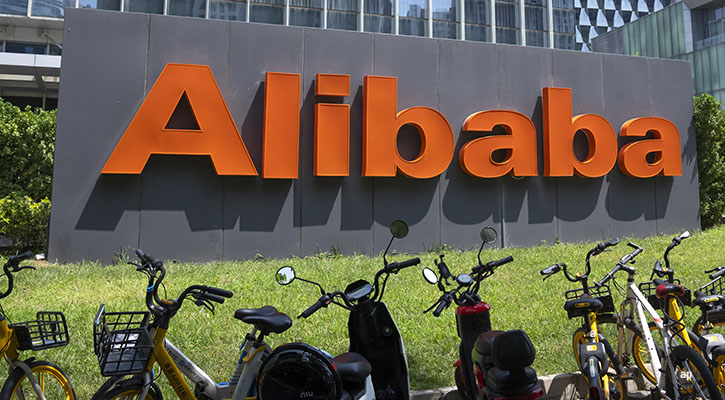Building Up Steam
February, according to Gilbert and Sullivan, is the shortest month of the year because it is so dismal that everyone wants to get it over with. This year, though, the extra day was quite welcome as there are signs that the unseasonably warm month heralded spring for the UK economy.
The leap day did, admittedly, take the edge off the FTSE 100's performance in February by knocking 56 points off the leading index. Nonetheless, the FTSE gained 3.3% in the month, its best February in 13 years. The 5,900 points level has been re-established as the market’s natural level for the time being.
I am becoming increasingly convinced that we shall avoid a double dip recession in the UK and although there is another, longer month to go before the first quarter is out there is reason to hope that we will show very modest growth.
We are, I must add, talking about the official definition of recession, two consecutive quarters of economic decline, which suits politicians because it flatters the economic performance. In my view the country has been in recession for the past four years and has been bumping along the bottom since the credit crunch struck. On that more realistic view we should start the upward climb this year.
Nor do I put too much store by reports that consumers are bouncing back from the income squeeze. The rate of inflation may be falling but prices are still going up – just not as quickly. I find it very difficult to believe that wage increases are now pushing up to close to 3% and will soon be greater than inflation. Who on earth is getting these pay rises? Most people I talk to count themselves lucky if their income has remained static over several years.
What I do put my trust in are the 2011 results coming from various parts of the economy. Particularly eye catching is the announcement from housebuilder Persimmon (PSN) that is has more money than it knows what to do with. When did we last hear that from a housebuilder?
Persimmon does not want to buy more land at this stage as it has enough for the next six years. That will help other housebuilders as it takes pressure off land prices. The Jeremiahs may say this is a reflection of the dearth of mortgages and indeed Persimmon did sell fewer houses and at a lower price in 2011 compared with 2010. Significantly, though, sales were up 4% in the second half of the year, confirming the positive trends seen by other housebuilders.
Howden Joinery (HWDN), which supplies kitchens to trade buyers, increased profits by 9% and is recommending a dividend for the first time in four years. Taylor Wimpey (TW.), whose shares I bought for recovery a couple of years ago, is to pay its first dividend since 2007.
WPP (WPP), the world’s biggest advertising group, saw pre-tax profits break above £1 billion for the first time as companies ploughed more money into expanding in rapidly growing emerging markets.
Chief executive Sir Martin Sorrell takes the pulse of the world economy better than most people and his prognosis, though cautious, is a little more upbeat. He sees Europe muddling through without a catastrophic failure and he does not believe that China will grind to a sudden halt.
The London Olympics and the US presidential election will boost advertising revenue this year so there should be better to come from WPP.
Manufacturing remains a concern. If we are to reduce our growing reliance on the finance sector then manufacturing needs to be doing better. The signs are that it is growing, though not as well as expected. The good news is that workers are being recruited and exporters are concentrating on the US and China where prospects are better than in the eurozone.
We should note one other piece of encouraging news, or perhaps one should say non-news. Federal Reserve chairman Ben Bernanke gave his twice-yearly testimony to the House of Representatives financial services committee and studiously avoided giving any hint of further quantitative easing. The pick-up in the US economy is proceeding satisfactorily enough for the Fed to leave well alone.
It is thus heartening to see that private investors have returned to the comparatively safe haven of the stock market. Figures released this week by the Office for National Statistics are unfortunately somewhat out of date, covering as they do 2010, but they show individuals accounting for an increased share of stock market investment and the same can be said for unit and investment trusts, which are mainly held by individuals. The share taken by insurance companies and pension funds has halved, which is bad news for anyone in a private pension scheme who is approaching pension age.
Northern Rocket
Irate shareholders in Northern Rock who have only themselves to blame for sticking with an investment that was obviously going to pot long before the government had to step in and rescue it are once more demanding 'f'air' compensation for their worthless shares.
It seems that the taxpayers could eventually – and one must stress the word eventually – make a profit of £9-11 billion from the rescue. It will take 10-15 years for the money to come through, assuming it does materialise, representing an annual rate of return of 3.5-4.5% on the cost of the rescue. That is hardly excessive compensation for the risk that the government took on.























